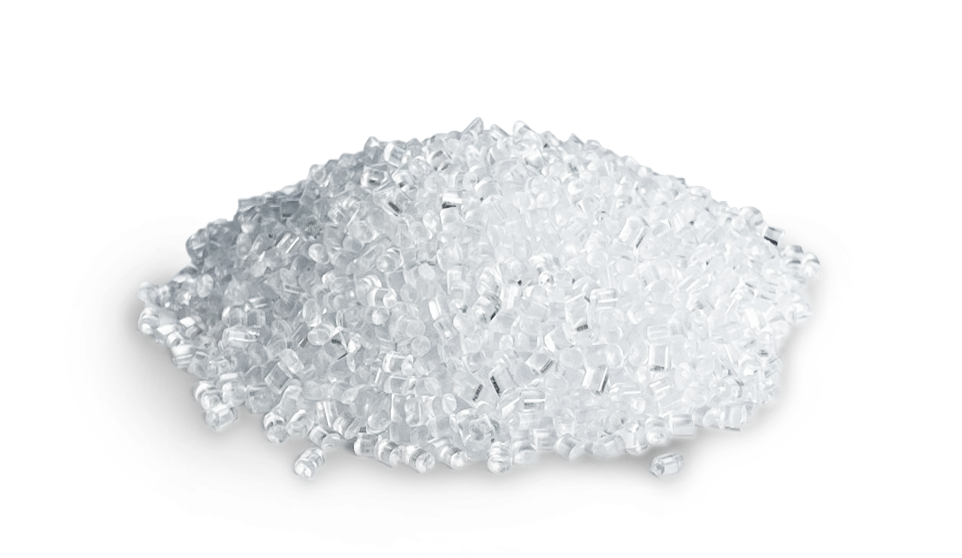When is a provisional solution necessary?
A PMMA resin temporary is necessary for every larger restoration after the preparation. On the one hand to protect the dentin wound against thermal, chemical and bacterial stimuli, on the other hand to guarantee the chewing and speech functions. In the visible area, however, it is not only the function that counts for patients, but also the aesthetics of a temporary, especially when the restoration takes a long time and a long-term temporary is necessary.
1. Direct temporary
The patient receives a temporary in the dental practice (within approx. 30 minutes). This is why one speaks here of a direct temporary arrangement.
The old oral situation is taken and the temporary is made directly in the patient's mouth using self-curing cold-curing polymer (two-component plastic). The dentist or an assistant usually takes care of the creation of the temporary.
A PMMA temporary made in such a short time can often have the wrong bite setting, lead to gingivitis, be unsightly or bothersome. Time and again, patients with direct temporary restorations react sensitively to cold and sweet things. For these reasons, PMMA direct temporaries are mainly used as quick solutions for short-term restorations
2. Eggshell temporary
Eggshell temporaries require considerably more time to manufacture. They are manufactured in the dental laboratory using conventional technology. Since a PMMA temporary created in the dental laboratory is much more precisely fitting, more homogeneous and more aesthetic, this type of production is used in particular for long-term temporary restorations - which remain in the mouth for more than 3 months - e.g. during the healing phase of surgical or implantological restorations.
In addition to their functional tasks, they also meet the patient's aesthetic requirements and can also serve as a working basis for subsequent care.
3. CAD/CAM PMMA temporaries
With the help of the latest technology, temporary restorations can also be manufactured using the CAD/CAM-process. This can either take place in the dental laboratory, if a CAD/CAM-system is available, or it can be outsourced by the dental laboratory to a milling service provider such as CADdent®.
As with eggshell temporaries, PMMA is used for long-term temporaries in CAD / CAM temporaries. In contrast to conventional technology, other plastics - such as composites - are also conceivable here. The difference in the manufacturing process lies on the one hand in the digitization of the work steps in the laboratory and on the other in the manufacture of the PMMA. While the latter is done manually in the laboratory for the temporary eggshell, the milling blanks for the CAD/CAM-process are manufactured industrially. Due to the industrial production of the blanks, errors in the polymerization are excluded. In contrast to the direct or eggshell temporary, PMMA is therefore allergy-free.
In a study by the University of Zurich, the breaking load of various temporary plastics was tested.
With CAD / CAM materials, it could be demonstrated a higher breaking load for PMMA (such as VITA CAD-Temp®) in contrast to composite. The direct temporary restoration showed the lowest breaking load in the test.
PMMA materials in CADdent® portfolio
At CADdent® we process various PMMA milling blanks.
For PMMA temporaries we offer FAB PMMA MO and FAB PMMA ML in the shades A1, A2, A3, A3.5, A4, B1, B2, B3, B4, C1, C2, C3, C4, D2, D3, D4 (all Vita colours).
This PMMA temporary resin is suitable for the following indications:
• Temporary restorations up to 36 months
• Crown and bridges up to 16 units with a maximum of two pontics
• Splints
